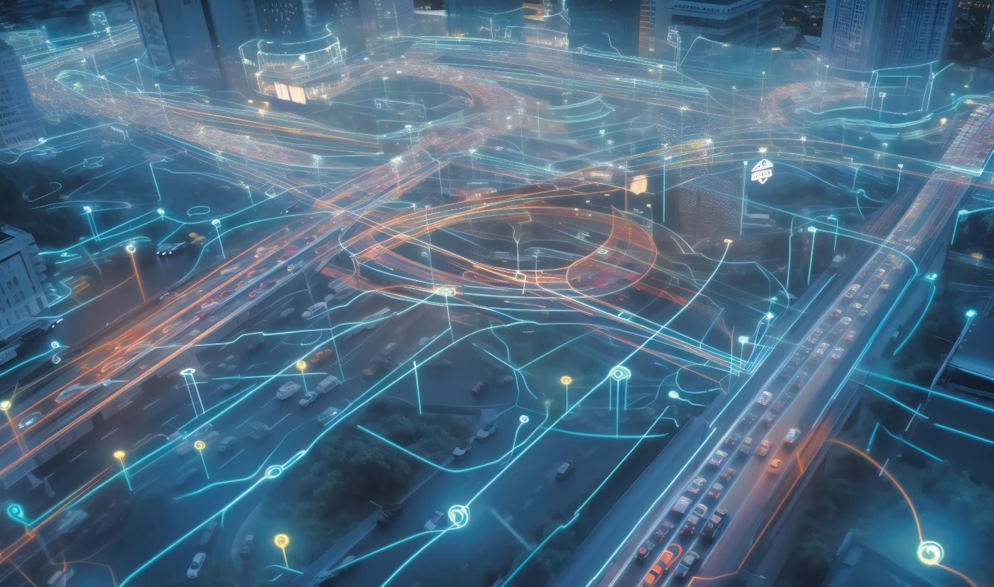The future of green transportation in business logistics is a topic of enormous significance in our contemporary world, where environmental sustainability has become a central concern. Thus, the green transition in business transportation is fuelled by the urgent need to reduce greenhouse gas emissions and mitigate climate change, coupled with the increasing societal and regulatory demands for sustainable practices.
Integration of Renewable Energy Sources
Solar and wind power, for instance, can be harnessed to power vehicles or to generate electricity for charging stations. This integration reduces dependence on fossil fuels and enhances energy security and cost-effectiveness in the long run.

Adoption of Alternative Fuels
In addition to electric vehicles, the use of alternative fuels such as biodiesel, ethanol, and hydrogen fuel cells. Hydrogen fuel cells hold great promise for heavy-duty transportation due to their high energy density and quick refuelling capability.
The Emergence of Eco-friendly Vehicles
One of the most significant trends in green transportation is the shift towards the use of eco-friendly vehicles. Electric vehicles (EVs), in particular, are set to revolutionize the logistics industry. EVs emit no tailpipe pollutants, significantly reducing carbon footprints in business logistics. Businesses are increasingly incorporating electric trucks, vans, and cars into their fleets. This transition is supported by advancements in battery technology, making EVs more affordable and efficient, with longer ranges and shorter charging times.
Smart Logistics and AI Integration
The application of smart logistics, powered by artificial intelligence (AI) and big data, is playing a crucial role in eco-conscious consumers driving the demand for sustainable transportation. AI algorithms can optimize routes, reduce idle time, and ensure that vehicles are loaded to their optimal capacity, thus reducing the overall number of trips and associated emissions. Furthermore, predictive analytics can assist in the proactive maintenance of vehicles, ensuring that they operate at peak efficiency.

Policy and Regulatory Support
Government policies and regulations are vital in steering the logistics sector towards greener practices. Incentives for the adoption of eco-friendly vehicles, subsidies for renewable energy, and stricter emission standards are some ways governments promote green transportation. These measures encourage the adoption of sustainable practices and foster innovation in the field.
Challenges and Future Prospects
Despite the clear benefits, the transition to green transportation in logistics faces several challenges. The initial cost of green vehicles and infrastructure development for charging or fueling stations are significant barriers. Moreover, the limited range of some eco-friendly vehicles can be a hindrance to long-distance logistics.

